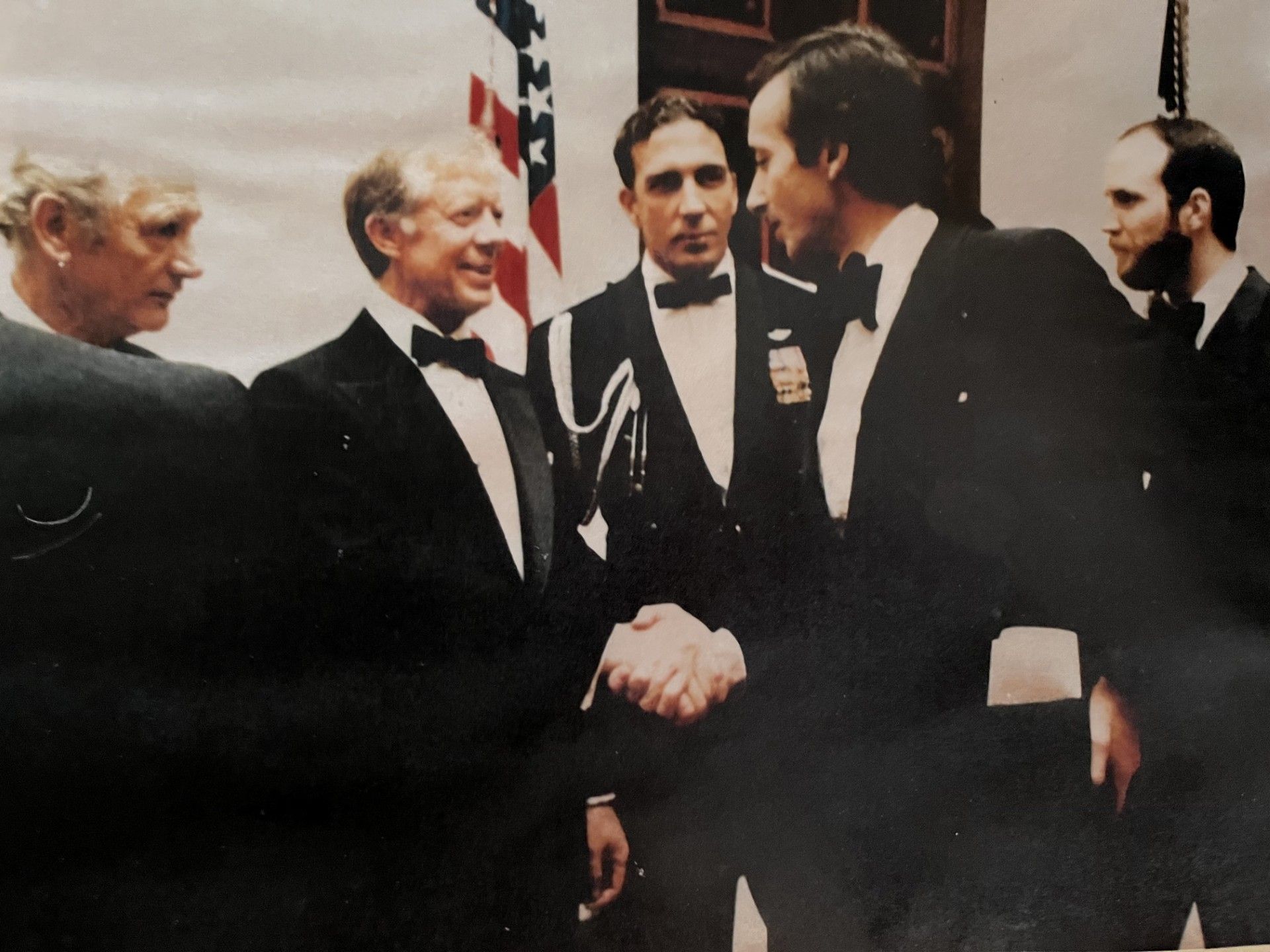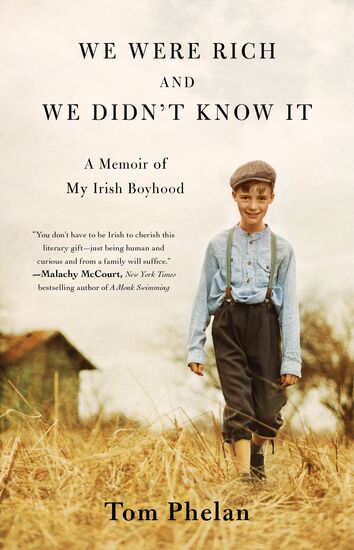Despite being one of the few U.S. presidents without any Irish ancestry, Jimmy Carter was the first president to recognize that the Irish government must have a role to play in a solution to the conflict in Northern Ireland.
What became known as the Carter Statement was issued in August 1977. In addition to the routine rejection of violence in Northern Ireland, Carter called for “a just solution that involves both parts of the community in Northern Ireland… a solution that the people in Northern Ireland, as well as the Governments of Great Britain and Ireland can support.” (my italics)
In addition, Carter added, “In the event of such a settlement, the US Government would be prepared to join with others to see how additional job-creating investment could be encouraged, to the benefit of all the people of Northern Ireland.”
In the words of former Irish Ambassador to the U.S., Sean Donlon, “Every subsequent U.S. president derives his interest in Ireland through the Carter Statement.”
The Statement was a shot in the arm for politics in Northern Ireland which, by 1977, had become paralyzed as the British army, the IRA, and the Loyalists fought a vicious battle for military superiority.
One of the politicians to recognize the futility of this “eye for an eye” cycle, John Hume, realized that only Irish Americans could provide Irish nationalists crucial leverage against the centuries-old problem of the overwhelming power of Britain.
Hume focused on two of the most powerful men in America, Speaker Tip O’Neill and Senator Ted Kennedy. Unlike previous Irish visitors he did not ask them to support Irish unity, a proposition that had failed since the partition of Ireland in 1920. Instead, he had a new proposal for them: support political and economic equality between nationalists and unionists within Northern Ireland.
The Speaker and Senator were persuaded by Hume’s ideas and his credibility as a fearless civil rights campaigner in Ireland. They in turn formed the Four Horsemen with Senator Pat Moynihan and New York Governor Hugh Carey and approached President Carter, who had been elected the previous November.
Irish diplomats played a key role in advancing this campaign in Washington, particularly Irish embassy counselor Michael Lillis, backed by Anglo-Irish director in Dublin, Sean Donlon.
Lillis forged friendships with the Big Four, and the powerful Speaker was often a guest with his wife at Michael’s small Georgetown townhouse, joining happily in singing Irish songs. Lillis also forged a strong friendship with Bob Hunter, the Director of European Affairs in the White House.
Hunter, who later became U.S. ambassador to NATO, helped show President Carter that the conflict in Northern Ireland-related to human rights abuses. Carter, who had a sincere lifelong commitment to human rights around the world, agreed that he should support reform. He also needed Speaker O’Neill to pass his legislative agenda and Tip kept telling him how important the Irish issue was to him personally.
The British government and the State Department fought relentlessly to prevent Carter from both ending the non-involvement of the U.S. in Northern Ireland and the recognition of a role for Dublin in any solution.
Carter, in a remarkable interview with Maurice Fitzpatrick for his 2017 documentary, "John Hume in America," said, “Well, the State Department was not in favor of what I did, as you may know. But I didn’t really consult with them too thoroughly.
I had a lot of confidence in Pat Moynihan, and Tip O’Neill was visiting me every day. Hugh Carey was very important to me as a politician, so was Ted Kennedy. So these four people who had connections directly with Ireland, were good.”
Later in the interview, Carter said, “I let it be known to the British leaders and also to the general public and to my Irish supporters in the U.S., that I had one policy toward Ireland. That was peace, human rights, and an absence of violence.”
Jimmy Carter was faced by many difficult issues in his presidency, but Irish Americans and people in Ireland will gratefully remember him for being the first U.S. president to recognize the equal rights of nationalists and unionists in Northern Ireland, together with a role for Dublin in any solution.
Carter was deservedly awarded the Nobel Prize for Peace in 2002 for his work in diplomacy and advocacy, both during and after his presidency. His work for peace in Ireland was part of that lasting achievement. Ní Bheidh A Leithéid Arís Ann.
Ted Smyth was the Irish Government’s Head of Press and Information in the U.S. from 1976 to 1981.








